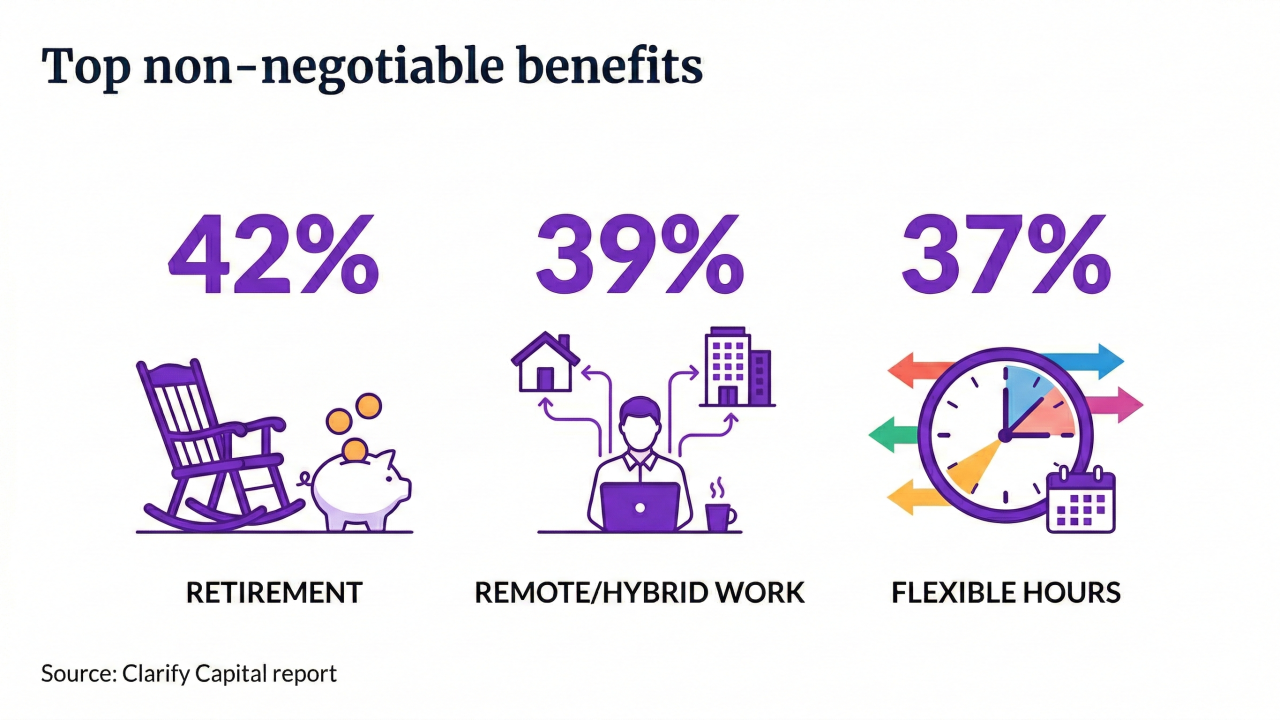Through a new group annuity program, Towers Watson may have found a solution to retiree medical costs a burgeoning problem for employers. The option eliminates the financial risk from the table and limits the administrative burdens linked to the benefit.
The New York-based group professional services company says that new option, the Towers Watson Longitude Solution, is borne out of more than two years worth of research and planning.
Its not an easy code to crack and there are some fairly significant barriers to doing something like that [such as] regulatory and accounting, says Mitchell Cole, managing director of Towers Watson Retiree Insurance Services.
Along with the added the tax-free benefits, the group annuity allows companies to fully exit these legal and financial burdens without suffering from the risks of litigation or running of money to fund this cohorts medical benefits. For the retiree, the medical benefit is offered to retirees for their lifetimes and does not change.
The solution allows employers to select a life insurer from Towers Watsons preferred list. In total, research, a feasibility analysis of the program and pricing of retiree medical benefit needs can take about four months, according to Cole.
Its a good use of funds to rid the company of it now versus later, and capture the benefits today versus putting them at risk for the future, he says. For the retiree standpoint, it seems to pick the boxes. It gives them a life time benefit, and it does so with a highly rated insurance company.
Presently, the Longitude Solution is available only to existing and prospective clients of Towers Watson OneExchange, a private Medicare exchange. But, according to Cole, there is a possibility for the group annuity strategy to broaden across industries.
We certainly hope it will be a bellwether, says Cole. It speaks to realignment to the interest of the shareholder and the retirees. Right now, companies are cutting back retiree medical; theyve closed most of the plans. As a shareholder, their money is being spent on a benefit that no longer attracts retains or makes people more productive.
Previously, employers have voiced concerns over retiree medical costs. In an





